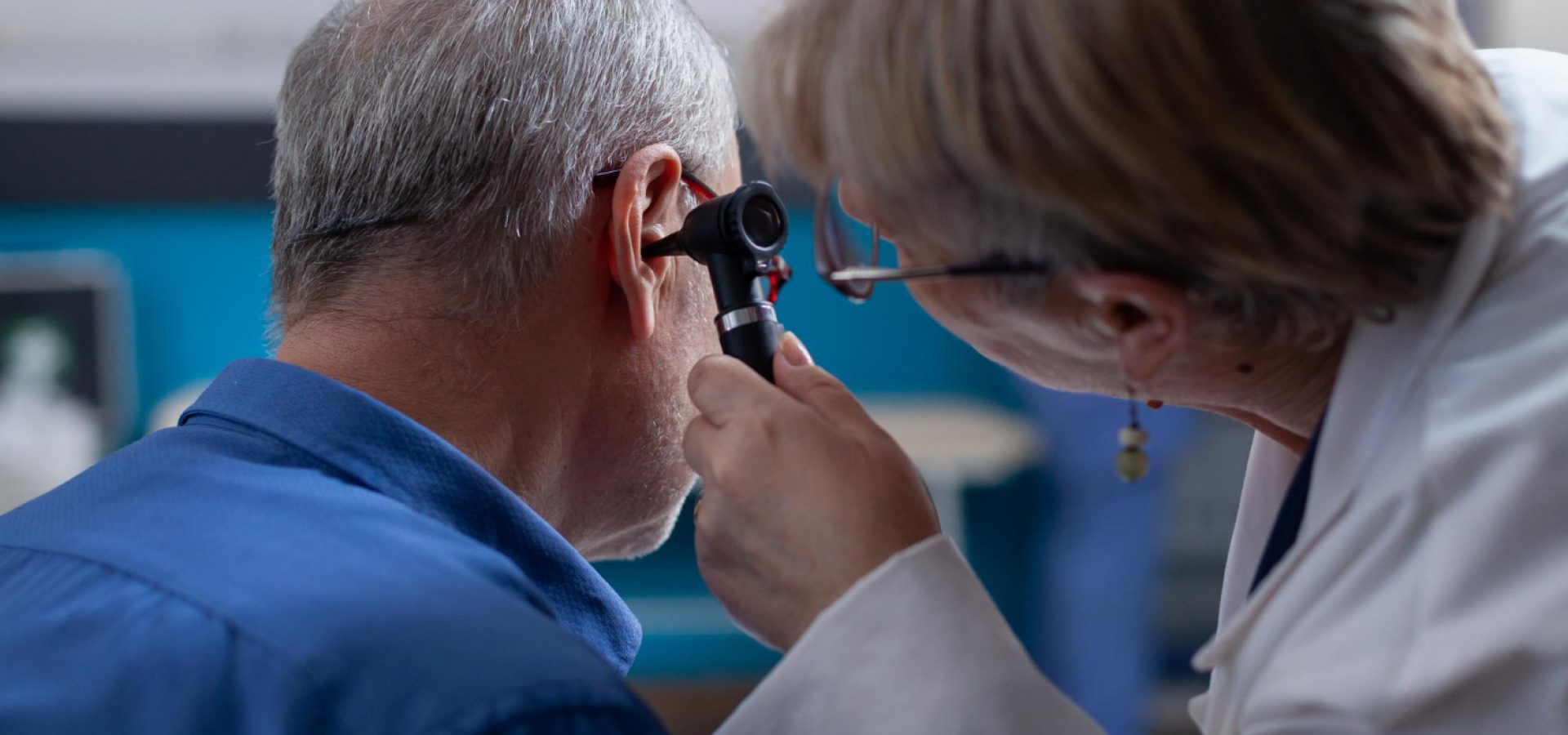Menu

Hearing loss can affect individuals at any stage of their life and is often a gradual process. Many people may not realize they are experiencing hearing difficulties until it starts impacting their daily activities. If you suspect that you may have hearing loss or have been recommended to undergo a hearing test by your healthcare provider, it is essential to know what to expect and how to prepare for your appointment.
A hearing test is a comprehensive evaluation of your auditory system to detect, diagnose, and treat potential hearing issues. This non-invasive examination typically involves a series of tests that assess the different aspects of hearing, including the outer, middle, and inner ear. These tests are crucial in determining the type and extent of hearing loss, as well as the best-suited treatment options. In this article, we will provide you with a thorough guide on how to prepare for your first hearing test, set expectations, and ensure a successful visit to your hearing care professional.
How to Prepare for Your First Hearing Test: A Comprehensive Guide
As you get ready for your first hearing test, it’s essential to have a proper understanding of the process and how to prepare effectively. This comprehensive guide will walk you through each step to ensure a successful appointment and a positive experience with your hearing care professional.
Gather Relevant Medical Information
Before your appointment, it’s essential to collect any relevant medical information and records that could provide valuable insight about your hearing health. This may include previous hearing assessments, details about ear infections or surgeries, a list of medications you are currently taking, and any family history of hearing loss. Providing this information to your hearing care professional can assist them in creating a comprehensive evaluation and identifying potential causes or contributing factors.
Make Note of Your Hearing Concerns and Experiences
As you prepare for your hearing test, take some time to reflect on your experiences and make a note of any hearing difficulties you have encountered. Consider situations in which you struggle the most, whether it’s during conversations with family or friends, in crowded public places, or while watching TV. Make a list of specific concerns and instances when you noticed your hearing might not be optimal. This information will help your hearing care professional better understand your unique challenges and offer tailored solutions.
Clean Your Ears Gently
Good ear hygiene is crucial for maintaining healthy ears and avoiding unnecessary complications during your hearing test. However, it’s important to clean your ears safely and gently. Over-the-counter earwax removal kits are generally safe to use, but avoid using cotton swabs, which can push earwax further into the ear canal or even cause damage. If you are concerned about excessive earwax or need assistance with cleaning, consult your hearing care professional or primary care physician.
Get Familiar with the Hearing Test Procedures
Understanding the different hearing test procedures can help alleviate any anxiety or nerves you might feel leading up to your appointment. Familiarize yourself with the various types of tests mentioned in the introduction, and don’t hesitate to ask your hearing care professional any questions you may have. They are there to help and want to make your experience as comfortable and informative as possible.
Arrive Well-Rested and Relaxed
Our ability to concentrate and respond accurately can be significantly influenced by our physical and emotional state. To ensure you achieve the best possible results during your hearing test, make sure you are well-rested and relaxed on the day of your appointment. If possible, schedule your hearing test during a time when you typically feel alert and focused. If you’re feeling anxious or stressed before your appointment, try engaging in relaxation techniques such as deep breathing exercises or meditation.
Bring a Family Member or Friend
Having a familiar face by your side during your hearing test can provide emotional support and help you feel more at ease. Moreover, a family member or friend can also help take notes during your appointment and ask additional questions or seek clarification when needed. They can be a valuable resource and ensure you have a thorough understanding of your hearing evaluation and any recommended next steps.
Ask Questions and Discuss Your Results
Once your hearing test is complete, your hearing care professional will discuss the results with you. Be prepared to ask any questions you may have about the findings. It’s crucial to understand the type and degree of hearing loss you may have, as well as any recommended treatments or devices that can help improve your hearing experiences.
Possible treatment options could include hearing aids, assistive listening devices, or referral to an audiologist for further evaluation. Remember, the goal is to find the best solution for your individual needs, so make sure you have a thorough understanding of the recommendations and ask any questions that may arise.
Maintain an Open Dialogue with Your Hearing Care Professional
Hearing care is an ongoing process, and establishing a comfortable, open dialogue with your hearing care professional is key to receiving the best possible treatment. As you adapt to any recommended solutions or devices, it’s essential to communicate any concerns, feedback, or questions with your hearing care provider. They are there to support you and address any difficulties you may encounter along the way.
Conclusion
Your first hearing test is the initial step towards better understanding and managing your hearing health. By following the steps outlined in this guide, you can ensure a successful appointment that leads to tailored solutions addressing your unique hearing needs. Investing time in preparing for your hearing test, staying informed, and actively engaging with your hearing care professional throughout the process will significantly contribute to a positive experience and improved hearing outcomes.
Schedule a Beltone hearing test and consultation with Fraser Valley Beltone to begin your journey towards better hearing and an enhanced quality of life.
Share Post
Facebook
Twitter
LinkedIn
Email
Reddit
Pinterest
